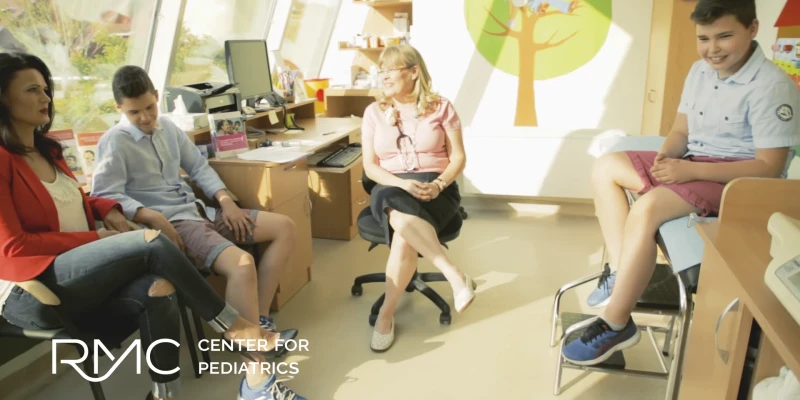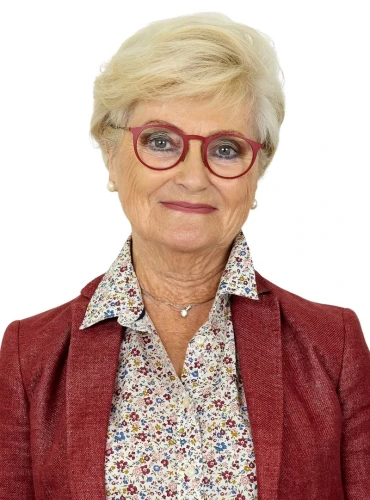The most common acquired heart diseases are cardiac arrhythmias, cardiac murmur, cardiac problems and inflammatory diseases, in which early diagnosis plays a significant role for treatment (similarly to congenital heart diseases). Obesity increases the risk of cardiovascular diseases in older children. Unfortunately, the number of obese children is increasing, so we face this problem more often than we would like. Pediatric cardiology is also required to rule out structural and heart muscle diseases in children who are active athletes.
When should you turn to a pediatric cardiologist?
- If the baby stops gaining weight or the infant starts to lose weight
- If the child has no appetite, fatigue
- Bluish-gray discoloration of the skin on certain body parts (usually the lips and nail beds)
- Faster breathing and pulse
- Screening for children who are competitive athletes*
*We are unable to provide a medical certificate required by sporting associations and competitions. If you need this license, you can take the result of examinations with you to a sport medicine specialist to save time.
Cardiological examinations available for both adults and children:
ECG (electrocardiogram): an examination performed with 12 electrodes, while lying down. It shows the heart's electrical activity. We can detect potential stimulus disturbances, previous myocardial infarction or myocardial ischemia.
Cardiac ultrasound: Allows us to examine the inside of the heart and its blood flow, to measure the heart chambers, wall thickness, and to estimate the pumping force of the heart. Heart valves, blood flow in heart valves, speed of blood flow, and abnormal flow can be examined and their long-term effects estimated.
Stress ECG - bicycle ergometry*: An examination performed with a special 'exercise bike'. ECG monitoring and blood pressure measurements are performed while progressively greater effort is required to ride the bike. During the examination, we examine the cardiovascular system’s capacity for handling stress and its changes under stress.
ABPM 24-hour blood pressure monitoring: A mobile device that is suitable for all-day blood pressure spectrum measurement that can detect “white coat”, nighttime and morning high blood pressure, and to determine the average of daytime and nighttime values.
Holter monitoring: A device that records the heart’s electrical activity for 24 hours. It shows impulse formation, conduction disturbances (abnormally slow or too fast heartbeat, common adverse shocks, irregular heart beat), and any life-threatening arrhythmias.
*The examination can only be performed after an ECG and a cardiac ultrasound.
Fetal echocardiography:
According to international data, the heart is the organ most commonly affected by fetal malformations, and the most common chromosomal abnormalities (Down, Edwards and Patau syndromes) are often paired with cardiac defects. The RMC Fetal Medicine Center has the most experience in Hungary with fetal heart examinations and has been performing them routinely since 2010 and our specialist group is now at the cutting edge. 90% of severe heart failures can be detected during the first trimester screening, which is why we pay exceptional attention to cardiac and cardiovascular examination during the ultrasound performed during the 12th or 13th week of pregnancy. 100% of severe heart defects can be detected in the second trimester, and, in the third trimester smaller, typically treatable heart defects can be detected. Pregnancy screening tests are performed by ultrasound specialists who have great expertise in the anatomy of the fetal heart. In pathologic cases, we ask for a second opinion from a cardiologist.
Our related doctors
Any questions before booking an appointment?
If you are unsure which doctor to see or what examination you require, we are here to help!
Simply request a free callback from one of our colleagues, who will help you find the right specialist based on your specific issue.





Reviews